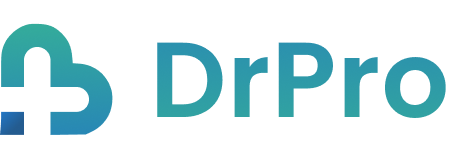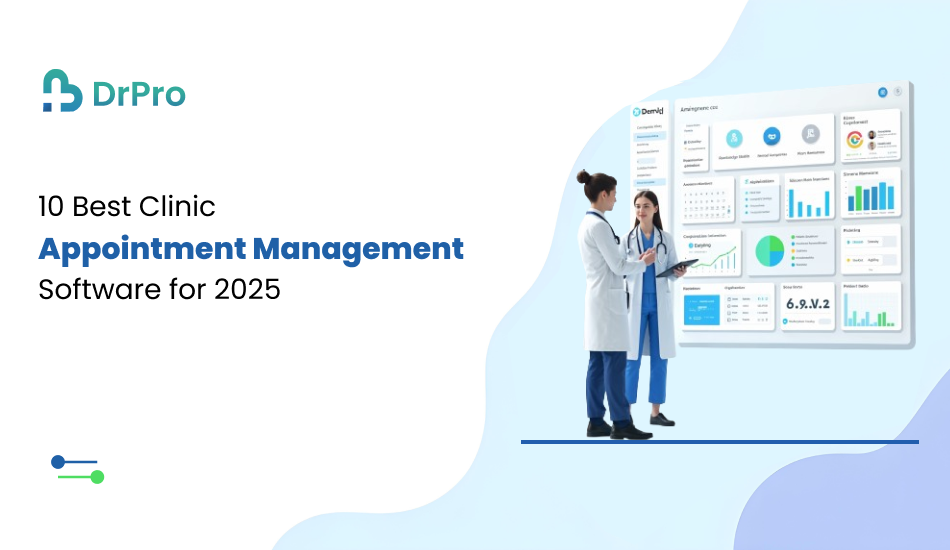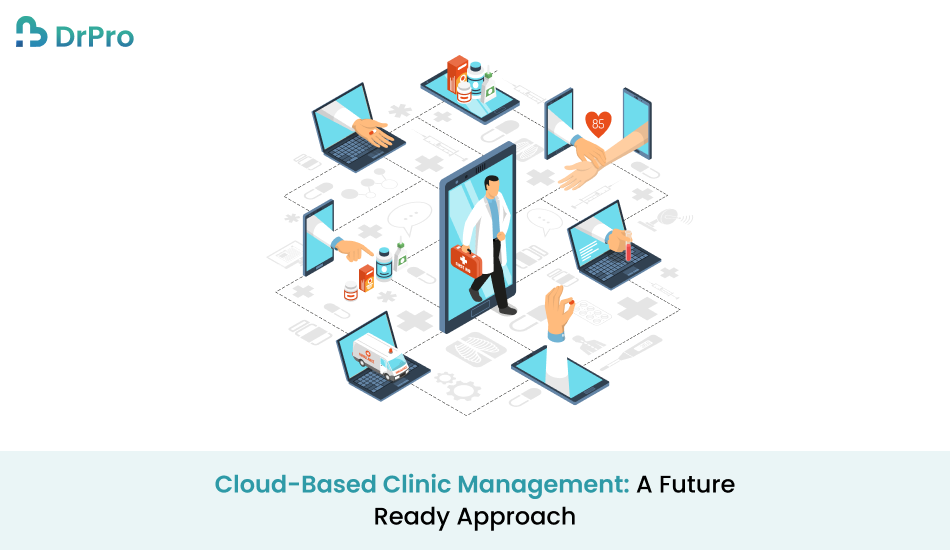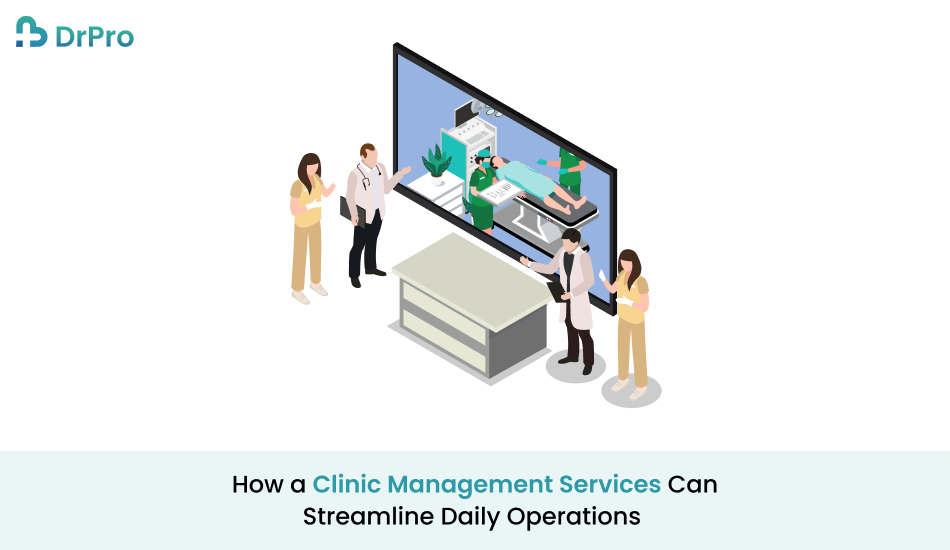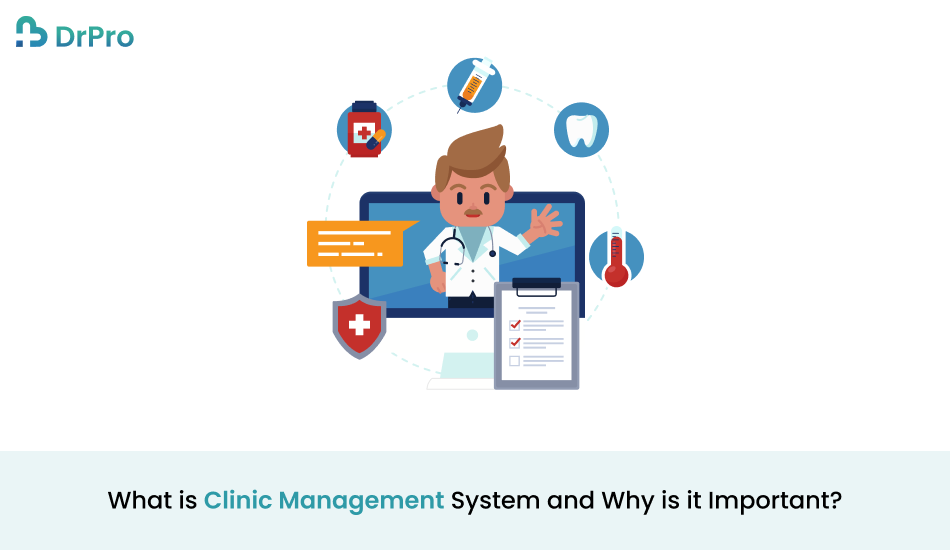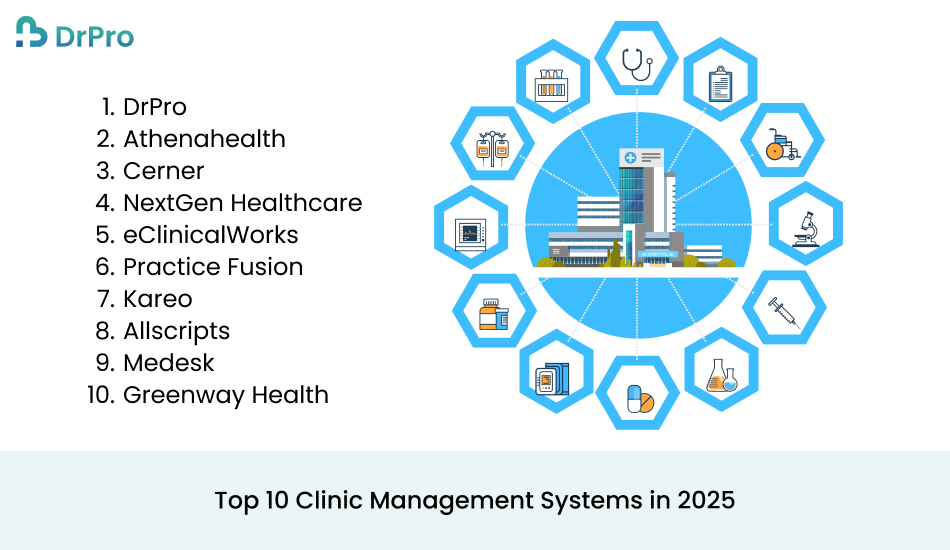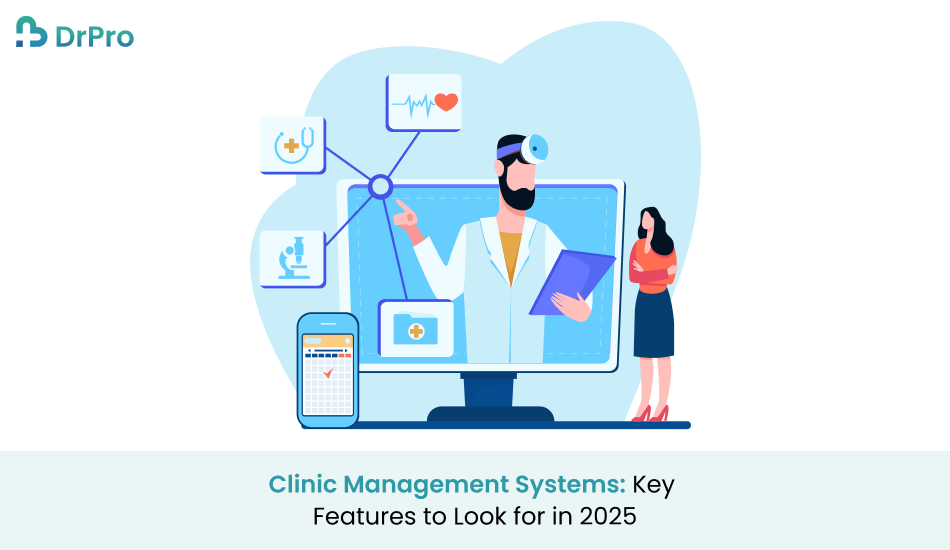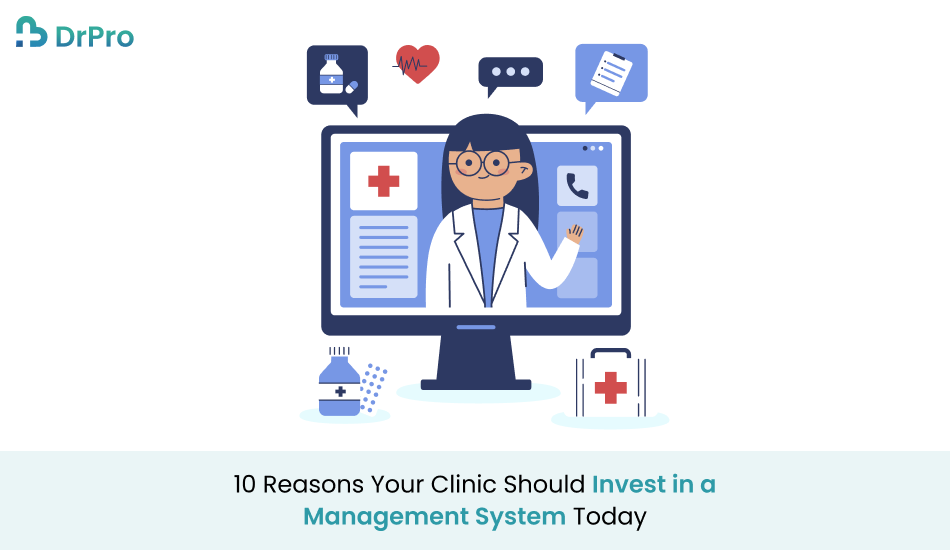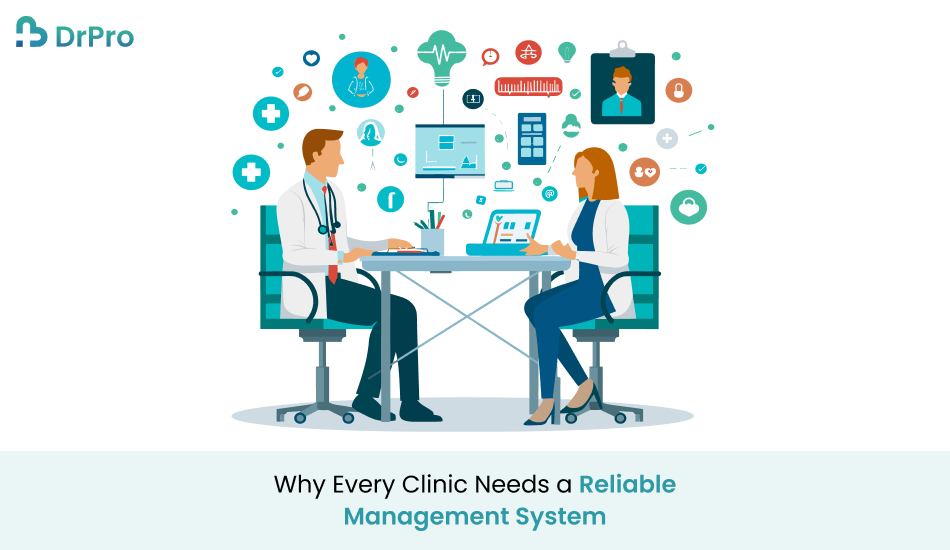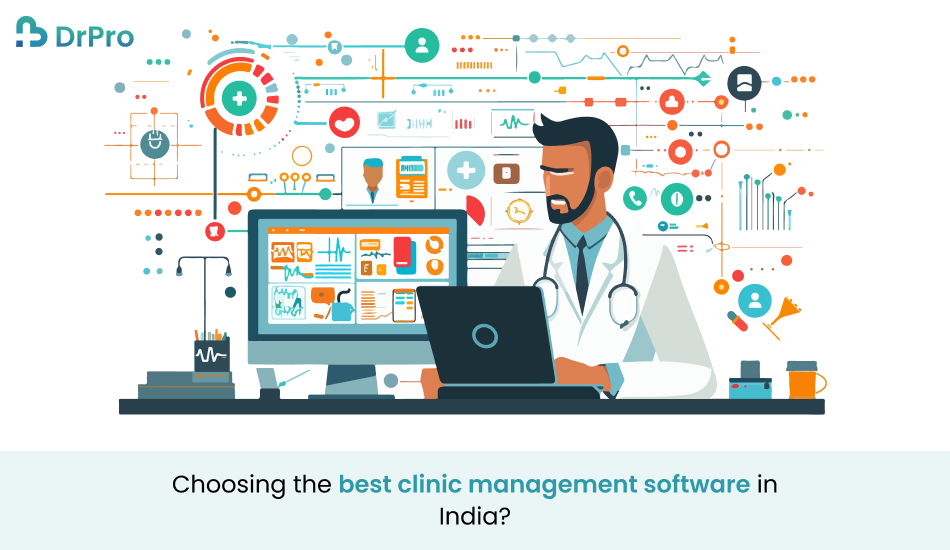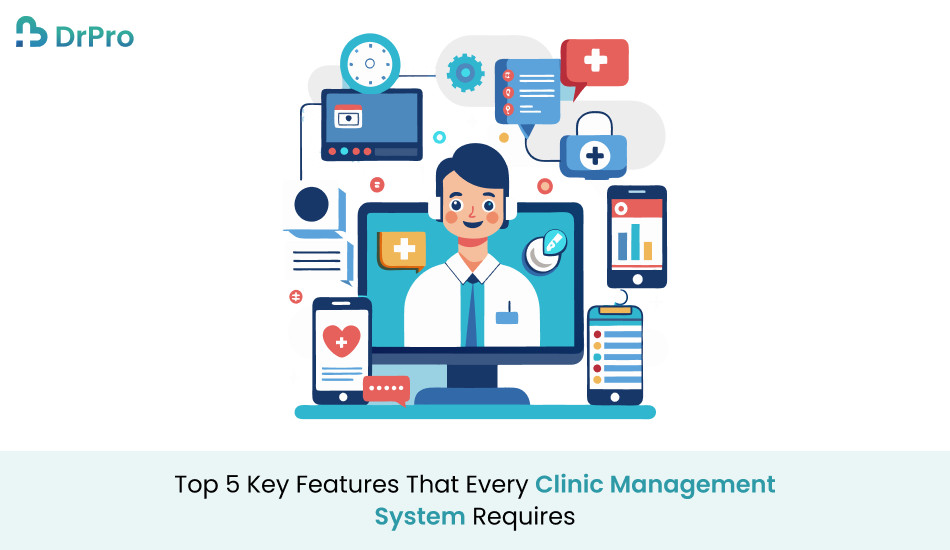10 Best Clinic Appointment Management Software for 2025
Proper scheduling of Clinic Appointment Management is important in maintaining patient satisfaction and quality service delivery within health facilities. As more clinics continue to adopt digital solutions to their management systems, appointment management software has now become a must-have in clinics rather than a want. These tools help in the scheduling, reduction of possible errors, and enhancing communication between a patient and a provider. In this case, the right software can make a world of difference, whether you are operating a clinic or a small practice. In this article, we will enumerate the best clinic appointment management software solutions for 2025 and enumerate their functionalities as to how they will improve patient satisfaction. Top Features to Look for in Clinic Appointment Management Software for 2025 Certain factors need to be considered while selecting appointment management software which factors are relevant to or non-relevant to the clinic. Here are some of the top functionalities to consider: User-Friendly Interface The basic point of any good system is always to have it in a way that the patient and the staff do not need to learn all over again in their uses of the system. Well-defined processes and simple layouts may present information quickly and virtually eliminate potential sources of confusion. Automated Scheduling Notification messages and wait lists as well as recurring appointments reduce cases of no-shows and schedule interferences. Integration Capabilities The software should also be compatible with other modules such as; the EMR System for hospital in 2025, Billing, and Telemedicine. Multi-Location Support It is mandatory for clinics that operate in different branches to have centralized scheduling for all the branches. Patient Self-Service Such as online booking, rescheduling, as well as cancellation allow patients to control their appointments on their own. Data Security Rules such as HIPAA are also important in that they help safeguard patients’ information. Reporting and Analytics General information about appointments, their frequency, their cancellation rate, and their popularity at certain hours will help to make some managerial decisions. Mobile Accessibility Mobile apps or responsive designs are preferred so that their services can be accessed in an instant by the workers or the patients. Top 10 Clinic Appointment Management Software Solutions 1. DrPro DrPro is an all-inclusive clinic appointment management software whose main function is to ease the scheduling system among healthcare clinics. It smoothly interfaces with other health systems to let clinics manage appointments, reschedules, and cancellations among others. This means that data privacy is well protected by DrPro and HIPAA compliant, thus protecting patient’s information. Other benefits include; alert notification and scheduling, mobility, and a very simple user interface; that’s why the system is ideal for modern clinics. 2. EHRZip Management through EHRZip is one of the simplest and most effective clinic appointment management systems among higher-tier clinics. The software helps clinics to schedule patients’ appointments proficiently without long waiting periods. EHRZip works with EHR to ensure that there are no hitches when transferring patient data across the health systems. In addition to that, it also provides automated reminders, the possibility to customize schedules, and analyze the clinic’s effectiveness. 3. SimplePractice A fundamental product for practice management called SimplePractice is aimed at small and middle-sized clinics. They have rearranged schedules to allow an easy-to-use platform for appointment-making to reduce instances of no-shows. Additional features from SimplePractice are billing, telemedicine, and client management, so this is a great solution for healthcare organizations that need an easy-to-use system that would handle scheduling and other clinic needs. 4. eHospital eHospital is a Clinic Appointment Management software that makes the healthcare process easier. One of the benefits of the software is that patients can make appointments through the web which helps to reduce time spent waiting for a doctor or an appointment and also helps in improving doctors’ timetables Another valuable feature of eHospital is appointment reminders as well as repeat appointments, online schedule, and access to patients’ records which helps to improve the joint efforts of doctors and patient care. 5. Q.D.Clinical Q.D.Clinical is a clinic appointment management solution that will improve the clinic. The unique feature of the software is easy to use for setting appointments, keeping track of patient attendance, and organizing the clinic’s operations. It includes features such as automated reminders to enhance patients’ attendance and compliance as well. In merging with other healthcare systems Q.D.Clinical makes clinic processes more efficient and enriches patient services by offering opportunities for customization of workflow. 6. Sevocity Premier Sevocity Premier is a highly functional and complex application for appointment scheduling and it can be used to meet various requirements of the healthcare industry. They range from flexible workflows where clinics can modify the system to their functioning procedures or not at all. Sevocity Premier works with EHRs to allow access to patient information and possesses captivating reports for improved decision-making. It then has an interface that end-users will find easy to work with and a flexible appointment scheduling system ideal for use in clinics that need an all-in-one solution. 7. MedEZ MedEZ is a Clinic Appointment Management software that guarantees patient friendliness. The simplicity of use of the tool helps the staff manage their appointments and information about the patient. It contains tools such as automated reminders, live booking, and EHR integration, to improve clinics’ patients’ attendance and engagement. Reporting of appointments also provides great utility concerning its trends and relative distribution of resources in the same manner as MedEZ. 8. eClinicalWorks This product offers full clinic appointment management which focuses on efficient clinic operation. The features available in the software include calendar and EHR integration, and mobile application usability eClinicalWorks also helps clinics to set appointments and analyze data by patients’ demographics. Its fairly simple design combined with powerful reporting capabilities makes it the right choice for healthcare organizations to enhance the transportation of services. 9. AllegianceMD AllegianceMD is a dependable clinic appointment management software whose major purpose is to minimize the. Timee patients spend waiting and increase clinic productivity. It links it with EHR systems, which
10 Best Clinic Appointment Management Software for 2025 Read More »

